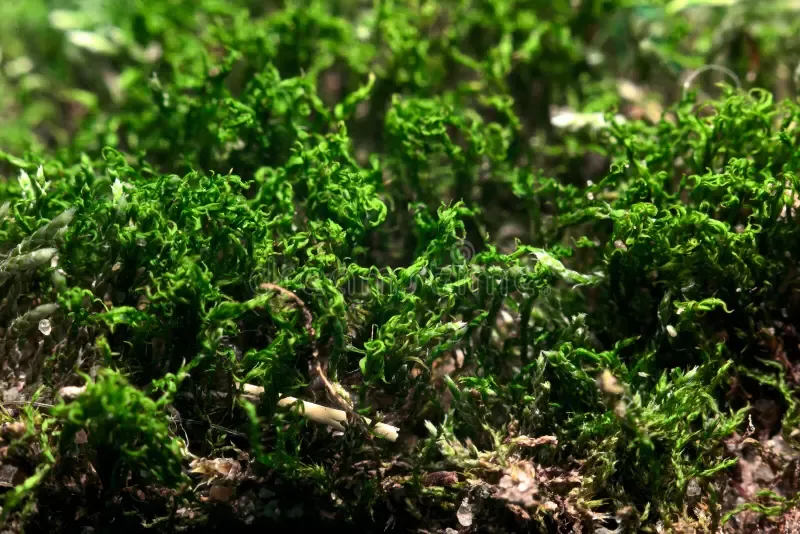
texture-moss-macro-hypnum-cupressiforme-moss-macro-hypnum-cupressiforme-101571605.jpg from: https://www.dreamstime.com/texture-moss-macro-hypnum-cupressiforme-moss-macro-hypnum-cupressiforme-image101571605
Introduction
In the vast and captivating world of bryophytes
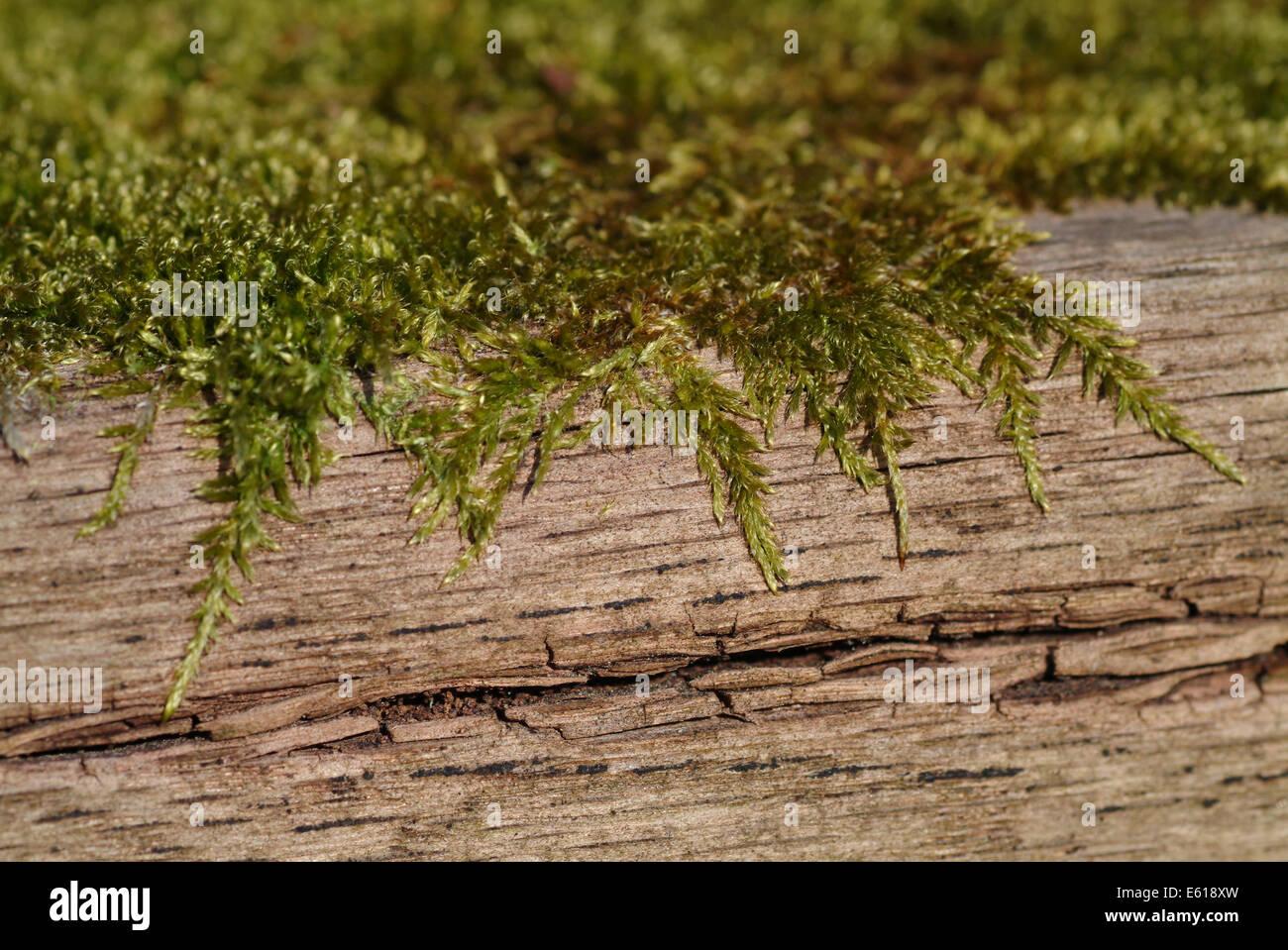
cypress-leaved-plait-moss-hypnum-cupressiforme-E618XW.jpg from: https://www.alamy.com/stock-photo-cypress-leaved-plait-moss-hypnum-cupressiforme-72558385.html
, one particular moss species stands out for its unique characteristics and ecological significance – the Hypnum cupressiforme var. imbricatum Boulay. This unassuming yet remarkable member of the Hypnaceae family, commonly known as Hypnum, has captured the interest of naturalists, botanists, and moss enthusiasts alike.
Background
Before delving into the intricacies of this fascinating moss, it’s essential to understand the broader context in which it thrives. Bryophytes, a diverse group of non-vascular plants, play a crucial role in various ecosystems, acting as pioneers in colonizing new environments and contributing to soil formation and moisture retention.
Main Content
Morphology and Identification
The Hypnum cupressiforme var. imbricatum Boulay
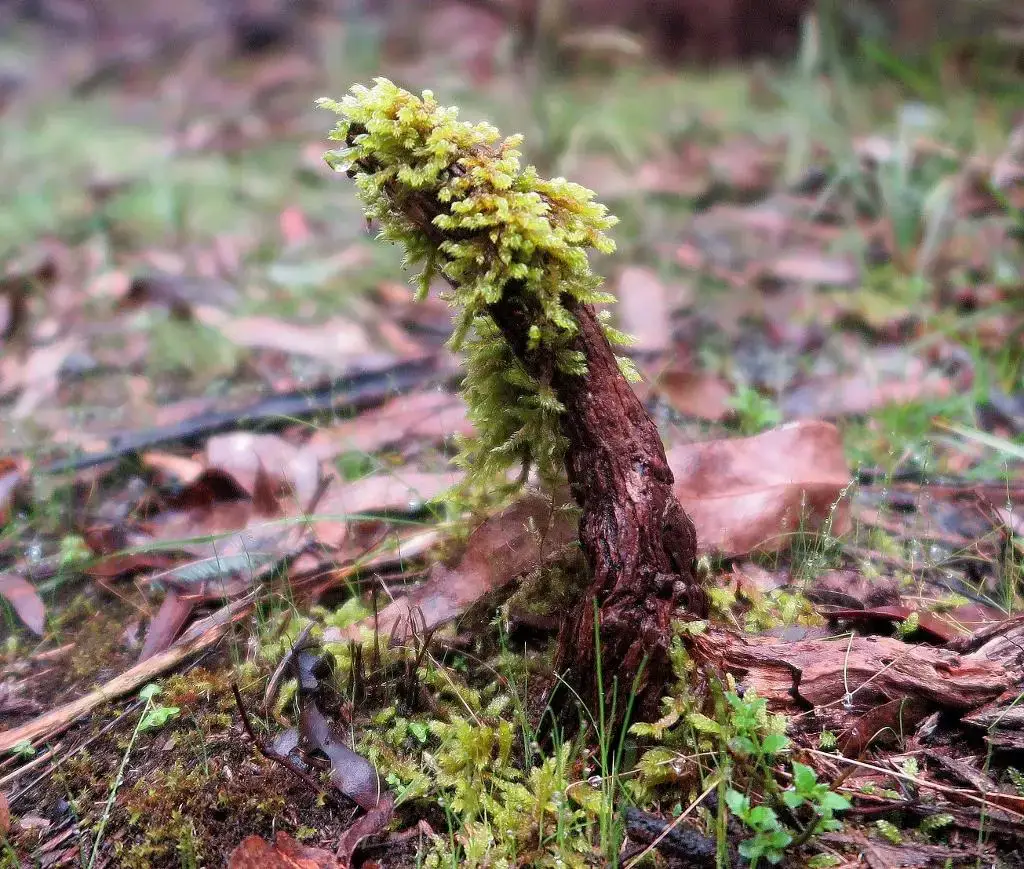
Moss-tree-hypnum-cupressiforme.jpg from: https://www.fobif.org.au/2022/07/sunshine-and-a-few-clouds/moss-tree-hypnum-cupressiforme/
is a pleurocarpous moss, meaning its stems grow horizontally along the substrate. Its vibrant green hue and feathery appearance make it a visually striking addition to any moss garden or natural setting. One of its distinguishing features is the presence of falcate (sickle-shaped) leaves that curve in a distinctive manner, giving the plant a unique and recognizable silhouette.
Global Distribution and Habitat
This versatile moss species can be found across various regions of the world, thriving in both temperate and boreal environments. It exhibits a remarkable ability to adapt to a wide range of habitats, from moist woodlands and shaded rock crevices to the bark of trees and even urban environments. Its resilience and tolerance to a variety of conditions contribute to its widespread distribution.
Ecological Roles and Adaptations
The Hypnum cupressiforme var. imbricatum Boulay plays a vital role in maintaining the delicate balance of its ecosystems. As a pioneer species, it aids in soil formation and stabilization, creating a suitable environment for other plants to establish themselves. Additionally, its ability to retain moisture and provide shelter for numerous microorganisms and invertebrates makes it an essential component of the intricate web of life.
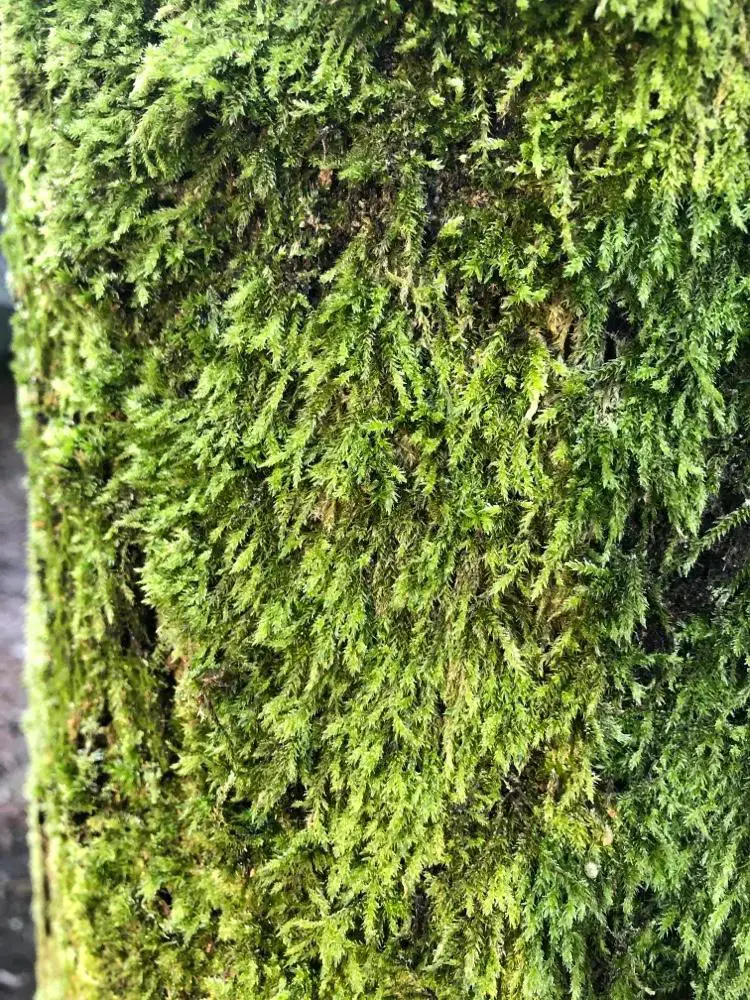
45819556.jpg from: https://observation.org/photos/45819556/
One of the remarkable adaptations of this moss is its tolerance to desiccation. During periods of drought, it can enter a state of dormancy, only to revive and resume growth once favorable conditions return. This remarkable ability allows it to thrive in environments where water availability can be unpredictable.
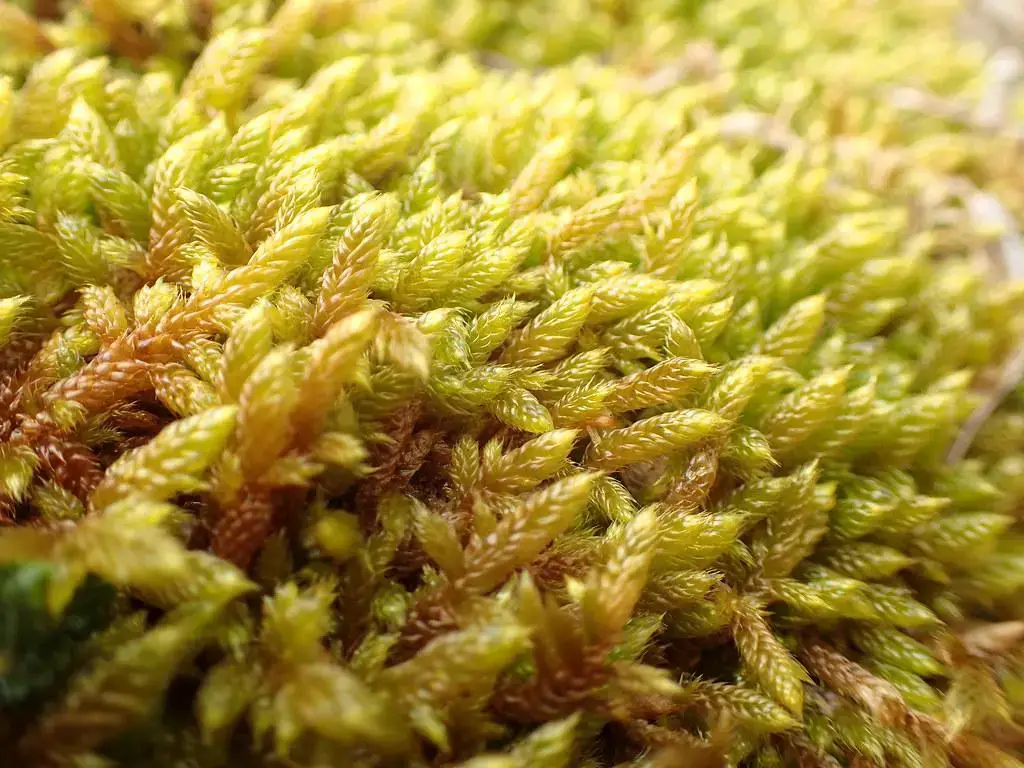
51070366256_7537922570_b.jpg from: https://www.flickr.com/photos/herbier/51070366256/
Case Studies/Examples
In a recent study conducted in a temperate forest ecosystem, researchers observed the Hypnum cupressiforme var. imbricatum Boulay playing a crucial role in maintaining soil moisture levels and providing a suitable microhabitat for various invertebrate species, including springtails and mites. This highlights the importance of this moss in supporting biodiversity and ecosystem functioning.
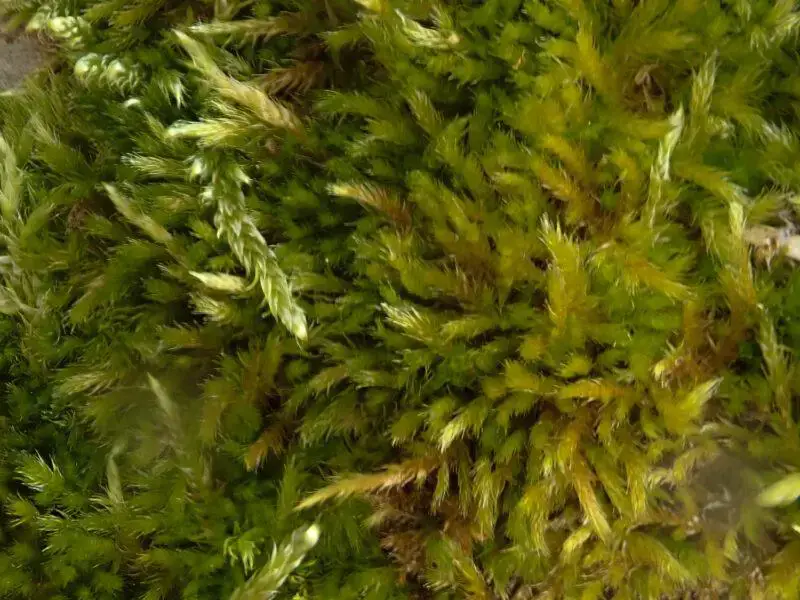
2020-10-22-15-47-48-800×600.jpg from: https://www.britishbryologicalsociety.org.uk/learning/species-finder/hypnum-cupressiforme/
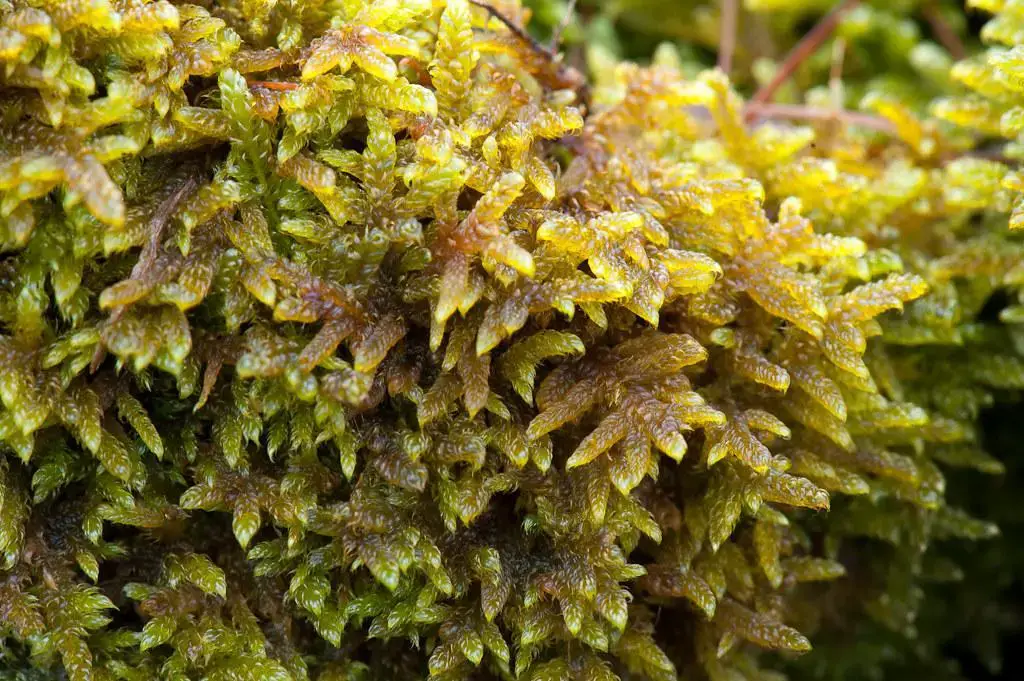
4485460486_41955a172d_b.jpg from: https://www.flickr.com/photos/stephenbuchan/4485460486
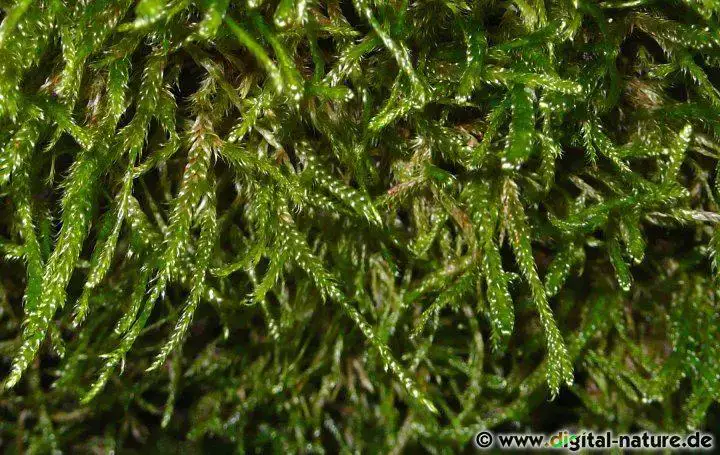
P121036011_detail.jpg from: https://www.digital-nature.de/pflanzenwelt/moose/schlafmoos/detail/detail_2.html
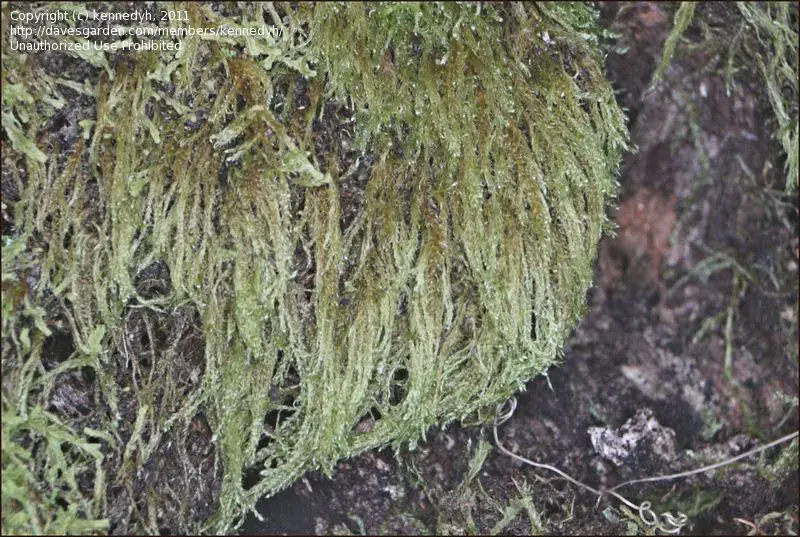
ddd103.jpg from: https://davesgarden.com/community/forums/fp.php?pid=8595998
| Characteristic | Description |
|---|---|
| Phylum | Bryophyta |
| Class | Bryopsida |
| Order | Hypnales |
| Family | Hypnaceae |
| Genus | Hypnum |
| Species | cupressiforme var. imbricatum Boulay |
Conclusion
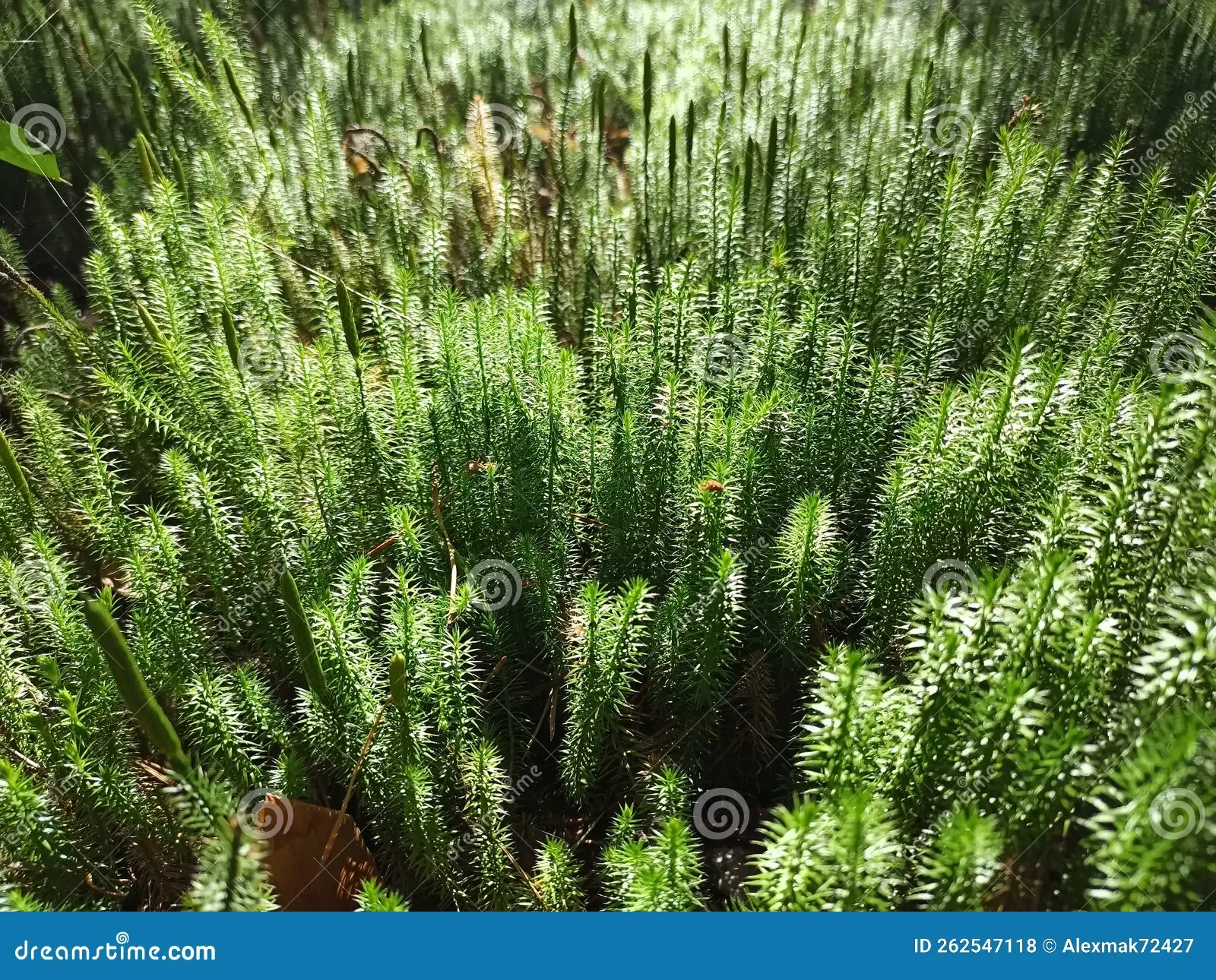
cypress-leaved-plait-moss-closeup-hypnum-cupressiforme-growing-forest-dense-vegetation-thickets-sunny-day-wood-beautiful-262547118.jpg from: https://www.dreamstime.com/cypress-leaved-plait-moss-closeup-hypnum-cupressiforme-growing-forest-dense-vegetation-thickets-sunny-day-wood-beautiful-image262547118
The Hypnum cupressiforme var. imbricatum Boulay moss, with its intricate beauty and remarkable adaptations, serves as a testament to the wonders of the natural world. As we continue to explore and appreciate the diversity of bryophytes, this unassuming yet resilient moss reminds us of the intricate connections that bind all life forms together. Perhaps the next time you encounter this feathery green carpet, you’ll pause and ponder the incredible journey it has undertaken to thrive in its chosen habitat.